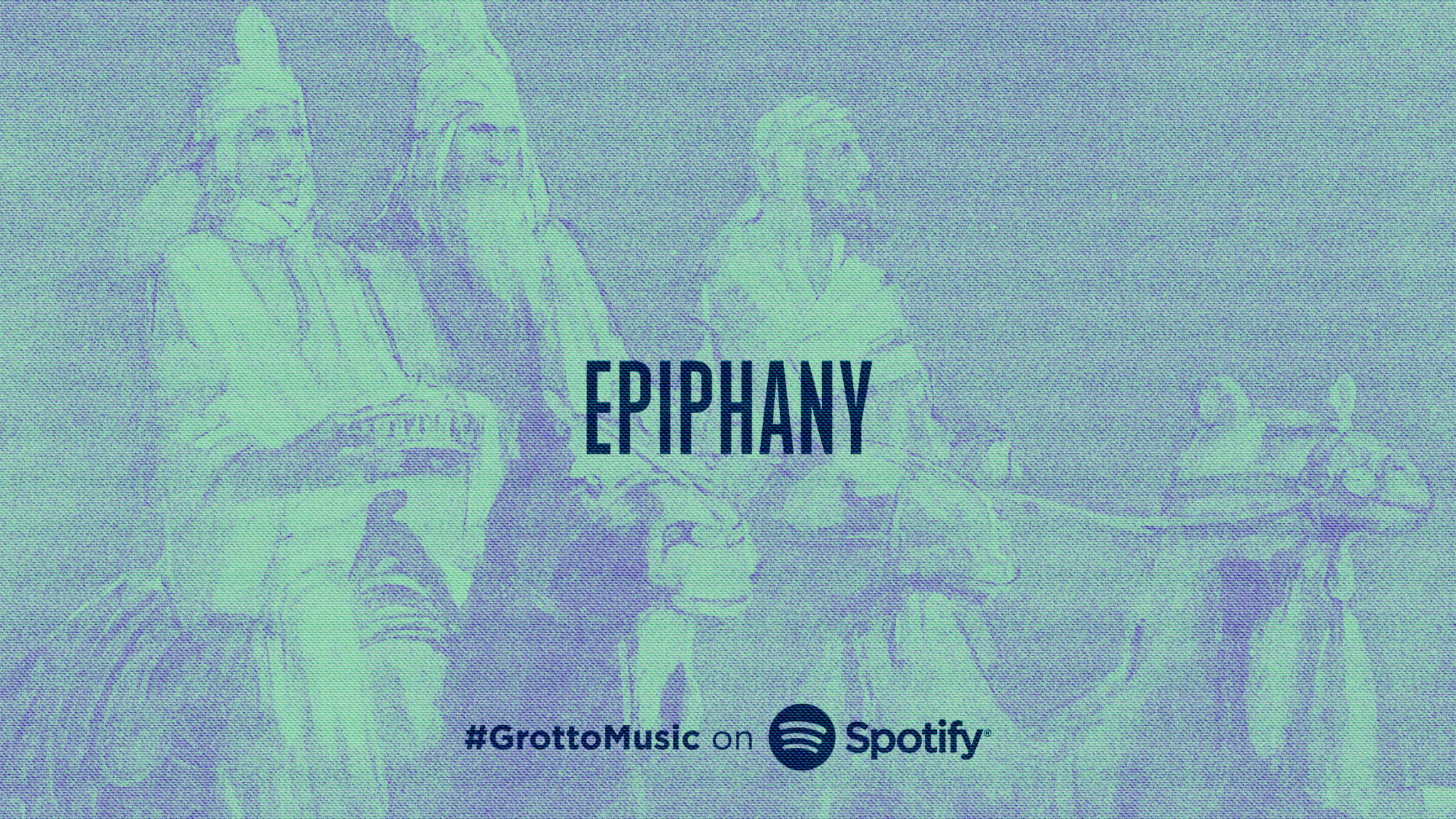
Does everything happen for a reason?
Thanks to several wise college professors, that phrase has long been a theological pet peeve of mine. The idea that everything happens for a reason is ubiquitous, and it seems to offer comfort to many people at challenging times (and if you’re one of those people, please don’t let my beef with it take your comfort away!). But many of us have also become aware of its insufficiency in the face of real suffering — it has even inspired a viral sympathy card that pokes fun at its overuse.
The problem with “everything happens for a reason” is that it’s incomplete. There’s an important and life-giving truth at its heart: good things can come from bad ones, and they often do. Sometimes (though not always) we even get to see the ways our heartbreaks lead to something better, and that process helps us make peace.
But that’s not the same as them happening on purpose, for a reason. God doesn’t will or cause bad things in order to teach us a lesson or help us grow or make us better, and so “everything happens for a reason” is a distortion of what’s really going on. (We all know, of course, that God operates outside time, seeing and knowing all causes and effects simultaneously, so it’s not entirely fair to hold God to our language and understandings that are so bound by chronological time, right? But that’s another essay.)
Besides, there is no reason good enough for much of the evil that happens in this world. There is no reason good enough for you to have suffered abuse or sexual assault, or for you to have lost a child. No justification suffices. If you do heal or become stronger or wiser, that is evidence of God’s ongoing presence and action, not evidence that the bad thing should have happened in the first place. On a global scale, too, no reason is good enough to justify the destruction of war or genocide or natural disasters. Evil works its way through the world in random and heartless ways.
And so these things just… happen.
That’s a difficult mystery to face because it raises the real prospect of meaninglessness, which can tempt us to despair. We all face experiences that cause us to wonder if anyone is in control, if there is a plan for us, if we are subject to the impersonal forces of chaos. We want to know that everything will be okay in the end, that there is a way through.
Before the pandemic, I saw the musical Bandstand, and was surprised to see this question take center stage. Mrs. Adams is a minor character for most of the show, providing comic relief and a source of encouragement for her daughter, Julia. Julia moves back in with her mom after losing her husband to war, and near the end of the show, she learns some heartbreaking details about his final moments. She struggles to process the ensuing emotions, confiding to her mother that she’s not sure she can continue to stand by her long-held belief that “everything happens for a reason.” Mrs. Adams, no stranger to heartbreak herself, immediately jumps in with a kindly “no, no, no.” She goes on to sing that “Everything happens — just that. Everything happens.”
Mrs. Adams was reaching further than the clichéd platitude — I listened with rapt attention, fascinated to see how this topic would be handled. She went on to offer an insightful conclusion: “The only thing that matters when things happen is what happens after.” It’s intended as a moment of empowerment: Julia has a choice about how to proceed from her grief and confusion.
Not bad, I thought. It was a down-to-earth, pragmatic rebuttal of a perhaps too-common sentiment, which is about as far as we can go if we face the mystery of suffering from a human perspective. And there’s meaning and hope available to us in that approach. The human spirit is capable of picking up the broken pieces of pain and suffering to find meaning in compassion and love. There is comfort in solidarity; there is something noble in resilience.
But from a Christian perspective, there’s one important piece missing: as empowered as we might be, we don’t face our suffering alone. We can use our pain to make choices for the good, as Mrs. Adams encourages Julia to, but we’re not the only actors here. God doesn’t leave us alone with the random effects of evil as they spiral through the world — God rather promises to bring joy from tears and life from death. Everything that happens can be caught up in this ongoing work of love.
Can we trust that promise? That’s the central question of faith, and it’s a good one to ask and pursue.


























